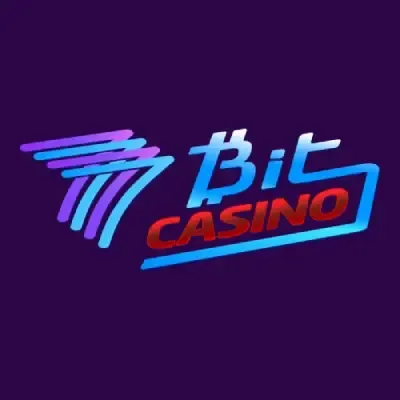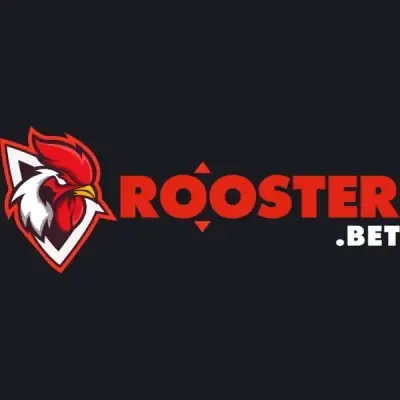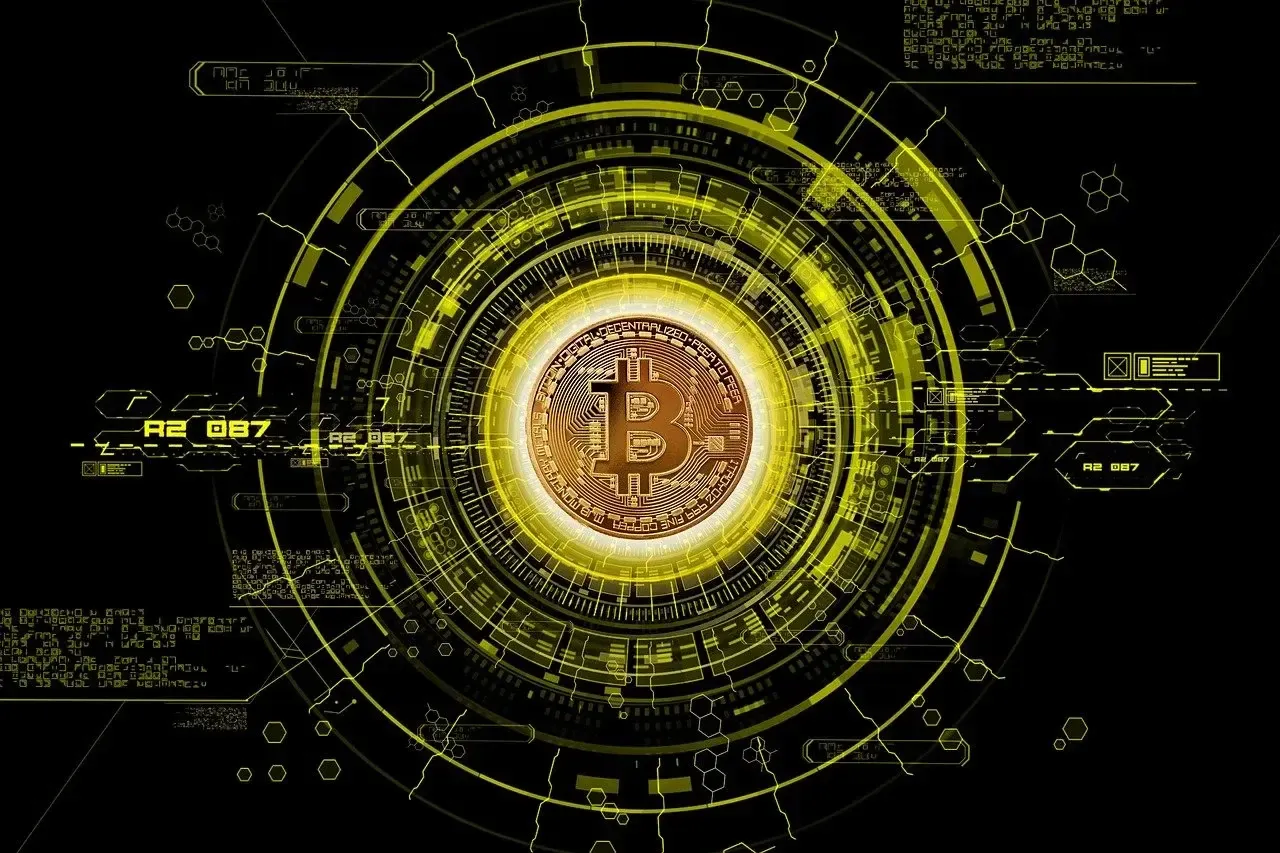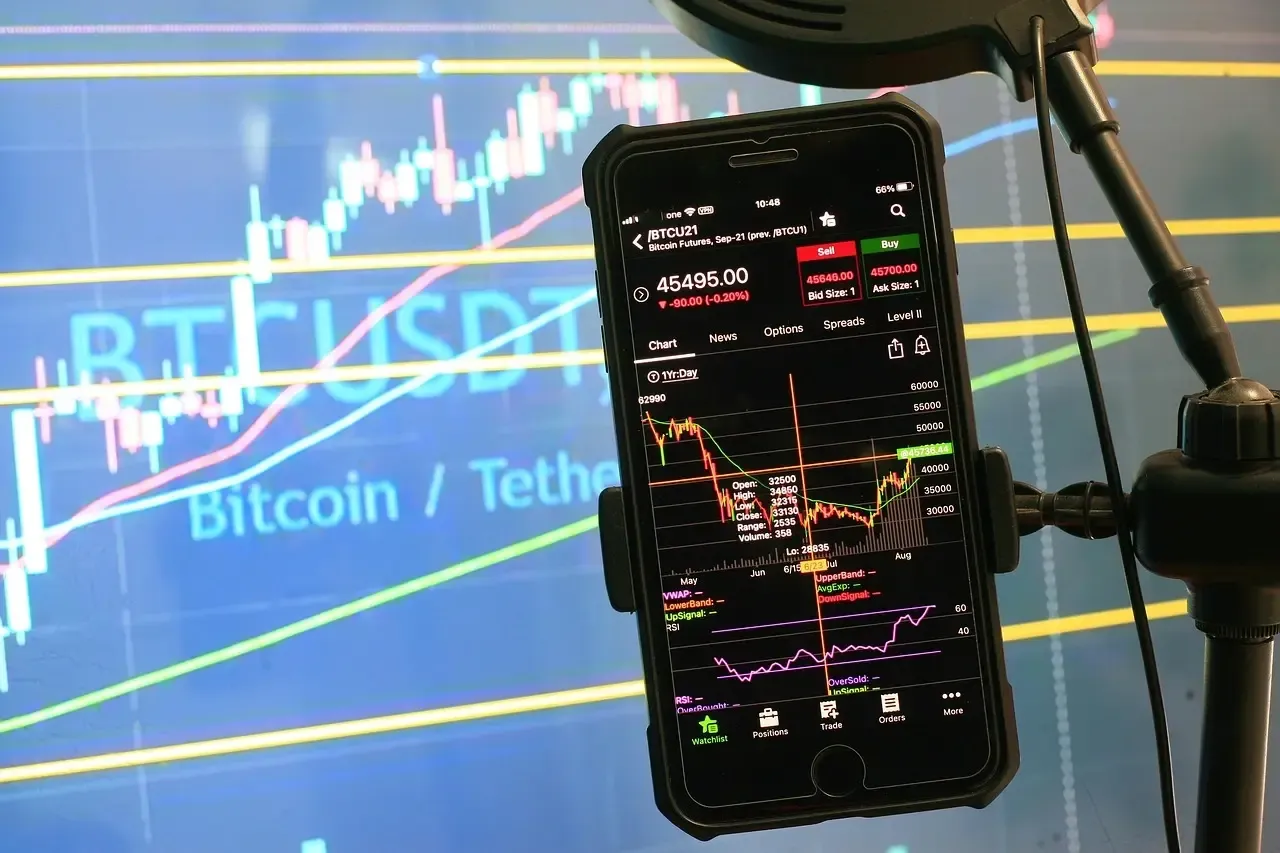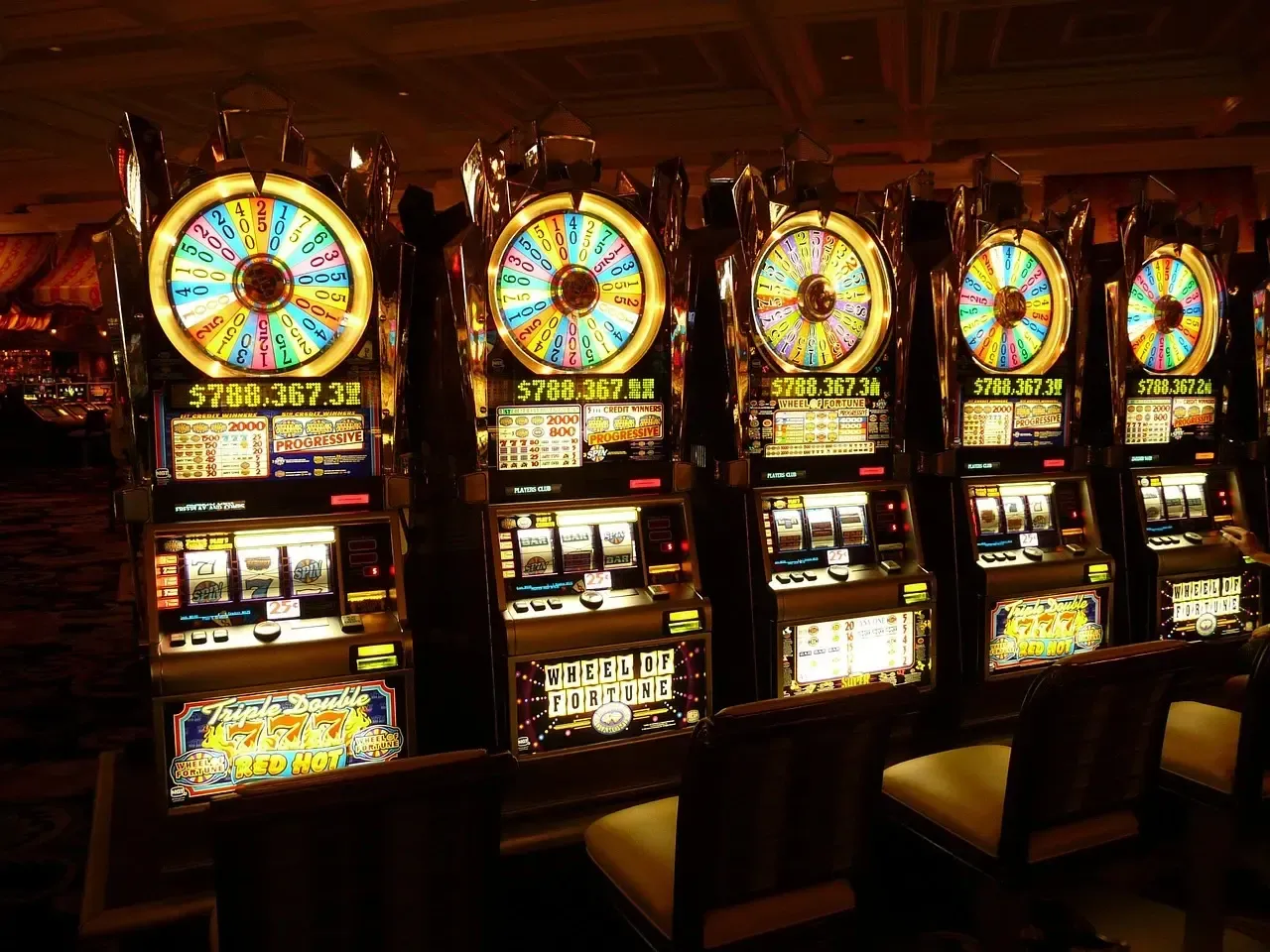Investing in NFT: Pros and Cons Explained
Curious about NFT investments? Explore the real pros and cons of buying NFTs—from verified ownership and high returns to market risks and legal pitfalls. Learn how NFTs work, why they matter, and if they’re right for your portfolio in this complete guide.
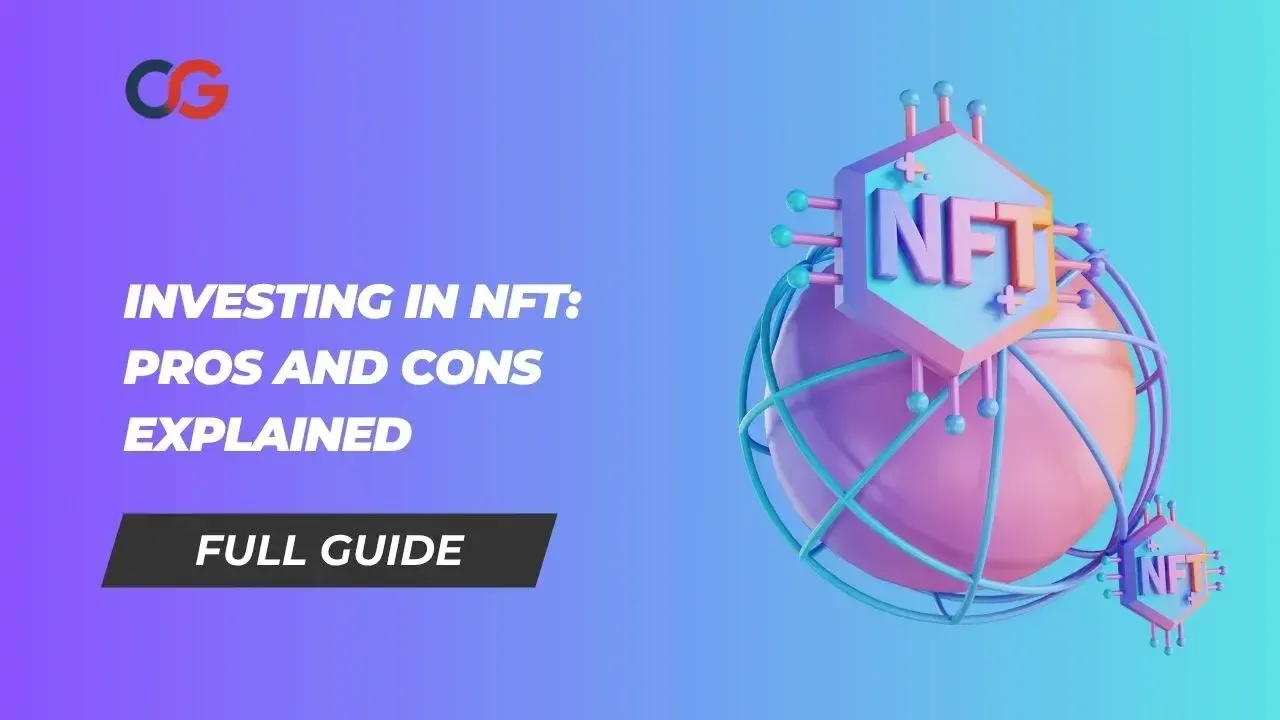
Non-fungible tokens, or NFTs, have taken the Decentralized Financial market by storm. NFTs have exploded in popularity, resulting in a huge surge in demand and adoption. That said, Non-Fungible Tokens have sparked both support and controversy among investors worldwide. Some see them as the future of modern investment, while others see them as a trend with no real value or real-world utility.
NFTs were first introduced as digital art and now have limitless possibilities. They have created a new frontier in digital ownership in several new ways, such as music, virtual real estate, and gaming assets. If you are deciding whether NFT is an ideal investment option for you, then you have come to the right place. In this blog, we will cover the pros and cons of investing in NFTs so that you can make the right choice.
What is an NFT?
Non-fungible tokens, commonly known as NFTs, are digital assets created and stored on the blockchain. NFTs represent a unique ownership of a particular item, such as digital art, virtual land, music, a video clip, or virtual objects in a game.
The name NFT comes from one of their biggest features: they are non-fungible. What does this mean? Non-fungible in the context of crypto assets means that each unit of that asset is unique and cannot be replaced with another unit. This means they are unique.
NFTs are totally different from cryptocurrencies like Bitcoin or Ethereum and other similar assets because they are interchangeable. This uniqueness makes NFTs a very sought-after digital asset with high value.
Pros of Investing in NFTs
Investing in NFTs offers several advantages, which have encouraged investors to invest in these digital assets. Here are some of the most important benefits of these assets, which make them unique and worth investing in.
Verified Ownership of Each Unit
First and foremost, one of the biggest advantages of NFT investing is the ability to verify the ownership and authenticity of each unit of NFT. Each unit of NFT is minted in the blockchain. A blockchain is a decentralized public ledger that records and stores the details of every transaction. This means your ownership is transparent and tamper-proof.
Moreover, this feature also ensures that the NFT you invest in cannot be counterfeited. So, NFTs are ideal for investors and collectors who are tired of traditional assets having issues proving authenticity, and provenance can be difficult or even impossible.
High Return Potential
NFTs are highly speculative, which means that they hold the potential to give great returns. The idea of the NFT can be a red flag for investors who are seeking a long-term investment. However, the nature of Non-Fungible Tokens makes them a great investment opportunity for risk-taking investors.
The NFT market has seen dramatic success stories, where individuals bought digital assets for a few hundred dollars and resold them for tens or even hundreds of thousands. For example, early buyers of CryptoPunks or Bored Ape Yacht Club NFTs have seen astronomical profits.
There are some good reasons for these seemingly unrealistic returns. First, the limited supply and viral trends have prompted people to buy it aggressively. Likewise, celebrity endorsement has only made the market boom.
Direct Support for Artists and Creators
Another major advantage of investing in NFTs is that you can directly support artists and creators. NTFs cut off middlemen in trades, which support the artists and creators. NFTs offer a space where creators can sell their work directly to fans and collectors via their own platform. What does it do? It ensures the artists and creators receive a larger share of the revenue.
There might be a question about what would happen if the buyer sold it again. The creators can still earn from the same work. Yes, you read that right. Through smart contracts, artists can program their NFTs to receive automatic royalties each time their work is resold on a secondary market, creating a sustainable, passive income stream over time.
Portfolio Diversification
Investing in non-fungible tokens is one of the best ways to diversify your portfolio. Traditional platforms like stocks, real estate, gold, and bonds are good; however, NFTs can offer more benefits as they are not strongly correlated with mainstream financial markets. This means that they may react differently to market shifts, which can keep your investment safe even in the worst-case scenario.
This can benefit those investors who are looking for a way to spread risk across different asset types or different markets.
Utility and Use Cases Beyond Art
Last but not least, NFTs have some real-life utilities and use cases that are beyond collectibles. A number of industries, mostly crypto-based industries, have integrated the use of NFTs into their platforms. First, these digital assets are commonly used in gaming. For example, in blockchain-based games, NFTs represent playable characters or in-game items that can be bought, sold, owned, and traded for profit.
Moreover, NFTs also represent virtual real estate, which can be bought and sold as an investment. Even virtual real estate has a use case. Yes, that’s right. This land can be used to host events, build stores, or lease to advertisers. Last but not least, NFTs are being used as exclusive access tokens.
Cons of Investing in NFTs
Investing in NFTs has prominent advantages. However, just as there are two sides to the same coin, NFTs also have some disadvantages that push investors away from putting their money in them. Here are some of these disadvantages that you should look out for before you decide to risk your money on it.
NFT Market Volatility
Extreme volatility is one of the main downsides for investors when they invest in non-fungible tokens. Every platform in a decentralized financial system has volatility, and these digital artworks are no exception. The price of these digital assets might be influenced by the smallest factors, which seem irrational.
For instance, social media trends and celebrity endorsements, both of which were prevalent a few years ago, negatively impact the price and demand of these assets. A project's value could skyrocket or drop to almost nothing in an instant. The idea that NFTs are worth as much as the next person wants to pay makes them a very risky investment option.
NFT Regulatory Issues
NFT operates on a decentralized financial platform, so this sector is still largely unregulated. Thus, these non-fungible tokens have become a hotbed of fraud. Rug pulls, a fraudulent practice in which the cryptocurrency integration project vanishes after receiving payments, are becoming more common.
Additionally, there are practices such as posting counterfeit advertisements for sale that are copies of popular NFTs. Phishing attacks are also becoming more frequent in this ecosystem. However, since there is no legal appeal in this system, losing your possessions is irreversible. Although smart contracts promise to protect these assets, they can be of no use if not written properly.
Liquidity Risks
NFTs also pose liquidity issues, which means that, despite being valuable on paper, it is difficult to convert these digital assets into fiat money quickly. Sellers need to find the right buyer, which can take a long time. If investors need cash or cryptocurrencies faster, they are forced to sell their assets at a significantly reduced price. Any investor should avoid holding onto assets or selling them at a loss.
Intellectual Property Confusion
Investing in NFTs can bring confusion about ownership. Usually, when investors buy NFTs, they assume that they own the underlying content. However, in many cases, investors only buy the token that represents the ownership and not the intellectual property itself. For instance, you can be the owner of a digital image as an NFT, but you have no legal right to reproduce or sell said image unless explicitly licensed.
Environmental Concerns and Controversies
Finally, NFTs also raise environmental concerns. These digital assets are built on blockchain, which means proof-of-work (PoW) consensus mechanisms. These mechanisms, along with other processes like minting, transferring NFTs, and transaction fees, which come as ETH gas money, require a huge amount of electricity, raising concerns about environmental impacts.
Although most NFTs today are using greener solutions, you should check how they are operated before investing money in them.
Conclusion
The bottom line is that the NFT ecosystem is transforming fast. What started as a digital artwork has become one of the best avenues for investment within the crypto ecosystem. Today, NFTs represent a broader shift toward a digital-first economy, one where ownership, identity, and access are becoming decentralized and programmable.
In such a case, it is important for investors to assess the pros and cons of investing in this platform before making financial decisions.
If you already own NFTs and want to try a new experience or investment options in the crypto ecosystem, consider trying crypto casinos. Visit Crypto-Gambling.ca to find Canada’s top crypto casinos and level up your play with blockchain benefits. Casinos like BC.GAME, Wild.io, Winz.io, Run4Win, and Fairspin offer a wonderful gaming experience and an opportunity to earn significant assets.








